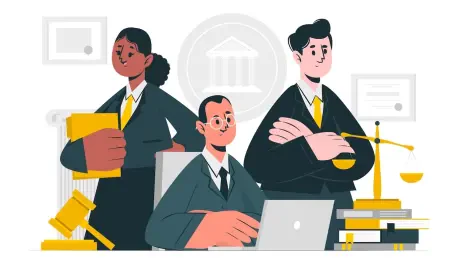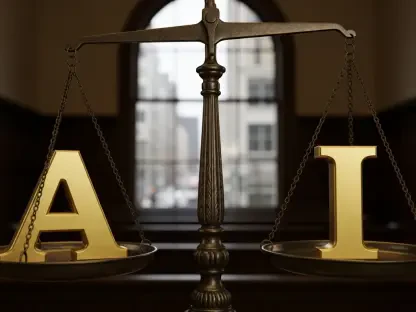New York’s town and village courts often serve as the first point of entry into the justice system for many citizens. These courts play a pivotal role in local legal proceedings, yet a surprising fact persists—the presence of non-lawyer judges. The reality that judges without formal legal training preside over potentially complex cases raises significant questions about fairness and competencies. This situation prompts an urgent need for judicial reform to ensure that legal proficiency is at the center of decision-making in these courts.
Raising the Bar for New York’s Community Courts
An essential question emerges in these local courts: Are non-lawyer judges qualified to handle intricate legal matters? Despite the expectation of impartiality and competence, it is alarming to learn that almost 1,300 town and village judges lack formal legal education. This figure is unexpected and troubling, considering the potential impact on defendants’ rights and the overall integrity of the judicial process. The prevalence of such judicial practices underscores a need for reform, with clear constitutional implications that cannot be ignored.
Consequences for Fair Trials and Constitutional Standards
The presence of non-lawyer judges in town and village courts poses crucial constitutional implications for the justice system. These judges are tasked with adjudicating cases involving fundamental legal rights, yet they may lack the necessary understanding to uphold these standards effectively. This situation directly impacts defendants’ rights and can lead to unjust outcomes. Such deficiencies have been highlighted across broader judicial reform discussions, emphasizing the demand for fair trials backed by qualified legal expertise. The risks associated with untrained judges underscore the urgency of this reform, aligning with public concerns about justice and fairness.
Historical Context and Current Practices
The role of non-lawyer judges in New York dates back to historical precedents when formal legal qualifications were not deemed essential for local court positions. However, the evolving complexity of legal cases today makes this practice increasingly problematic. These judges often face legal and ethical challenges, struggling to interpret complex statutes and precedents accurately. Research and statistics spotlight the system’s inadequacies, revealing how unqualified judges can compromise legal integrity, leading to calls for substantial changes that prioritize legal expertise.
Insights from Experts and Case Examples
Former New York Court of Appeals Judge Judith A. Kaye has articulated concerns about the lack of legal proficiency among non-lawyer judges. Her perspectives draw attention to the inherent challenges in ensuring proper legal motions and jury instructions under such circumstances. A revealing case, People v. Charles F., illustrates the potential pitfalls when judges without legal training preside over intricate legal proceedings. A consensus among legal professionals affirms the need for reform, advocating for a systematic approach to remedy current inadequacies within the judicial system.
Steps Toward Modernization and Professionalization
To initiate meaningful change, legislative avenues must be pursued to mandate law-trained judges for all town and village courts. Practical strategies for transitioning these courts toward professionalization must be developed, prioritizing the training and qualification of judges. Implementing a framework for continuous monitoring and assessment post-reform can ensure lasting improvements in courtroom procedures, reinforcing the credibility of town and village courts. Modernizing these judicial venues is not just a necessity but an opportunity to enhance the fairness and reliability of the New York justice system.
In closing, the path to restructuring New York’s town and village courts has required careful consideration of their role in the justice system and the inherent legal complexities they face. While the need for reform is evident, attention to the issue underscores the broader implications for the transparency and effectiveness of these courts. With the consensus for action largely attained, the potential to safeguard defendants’ rights through legislative change holds promise for a transformed judicial landscape in New York.









